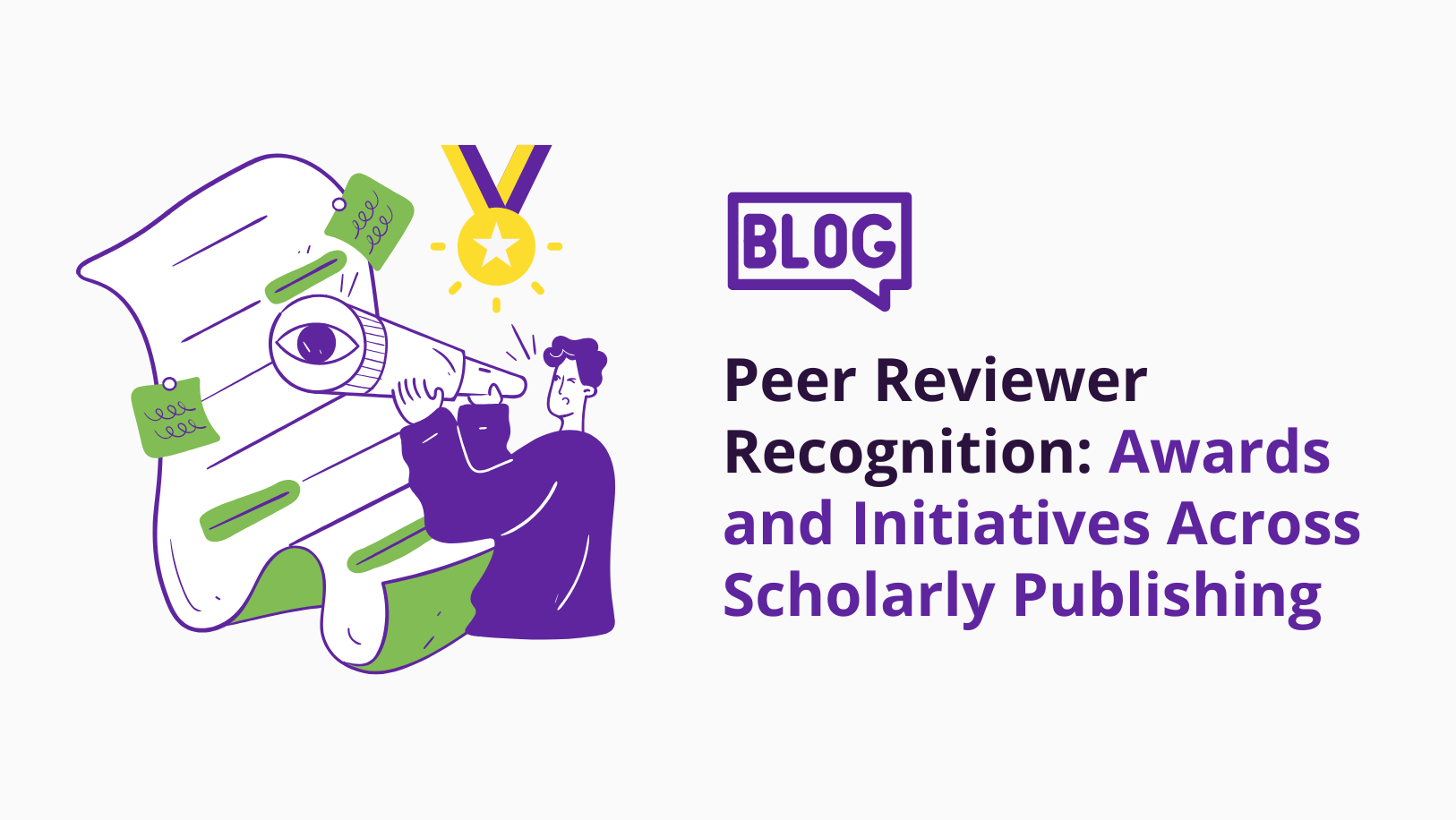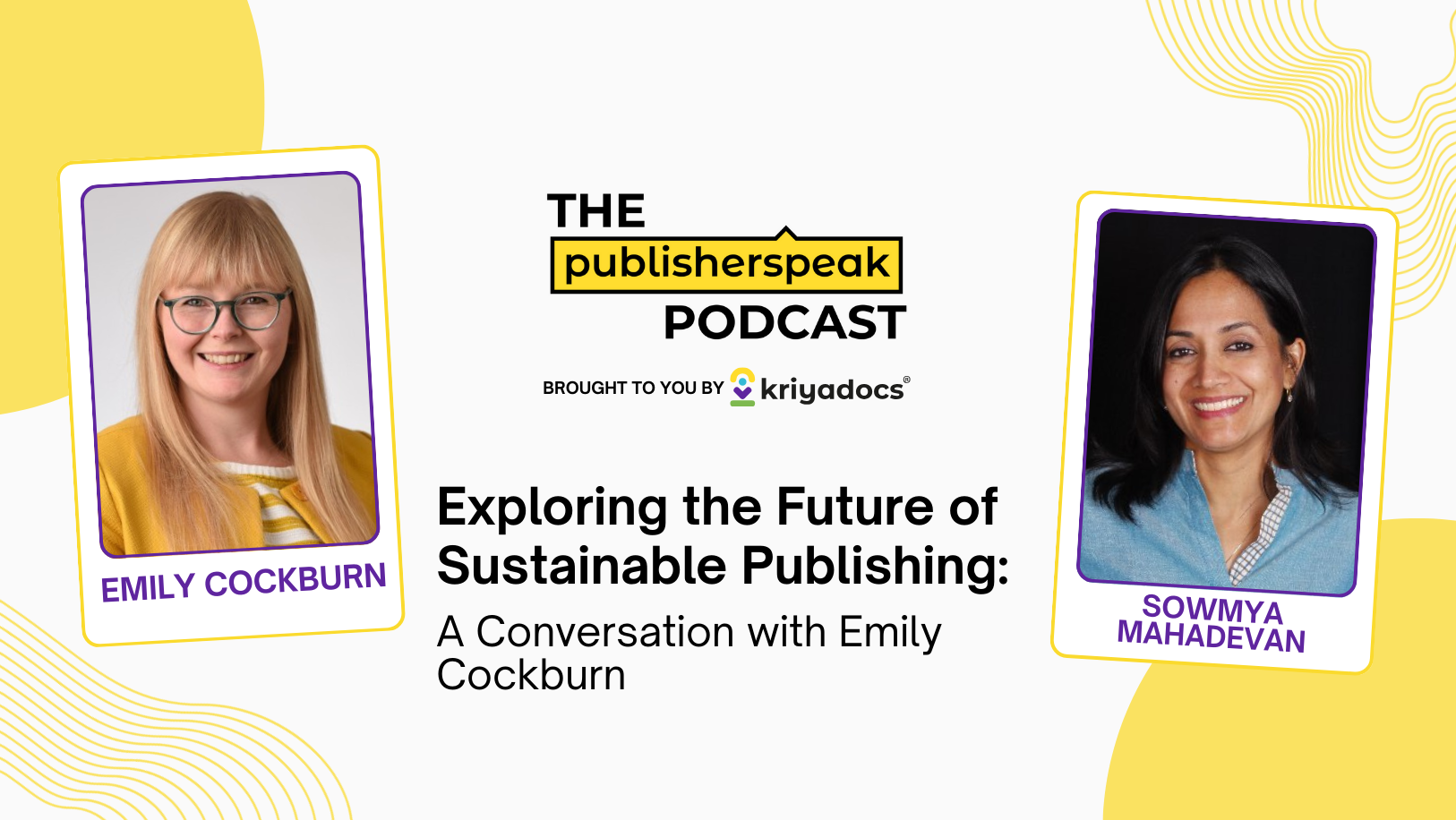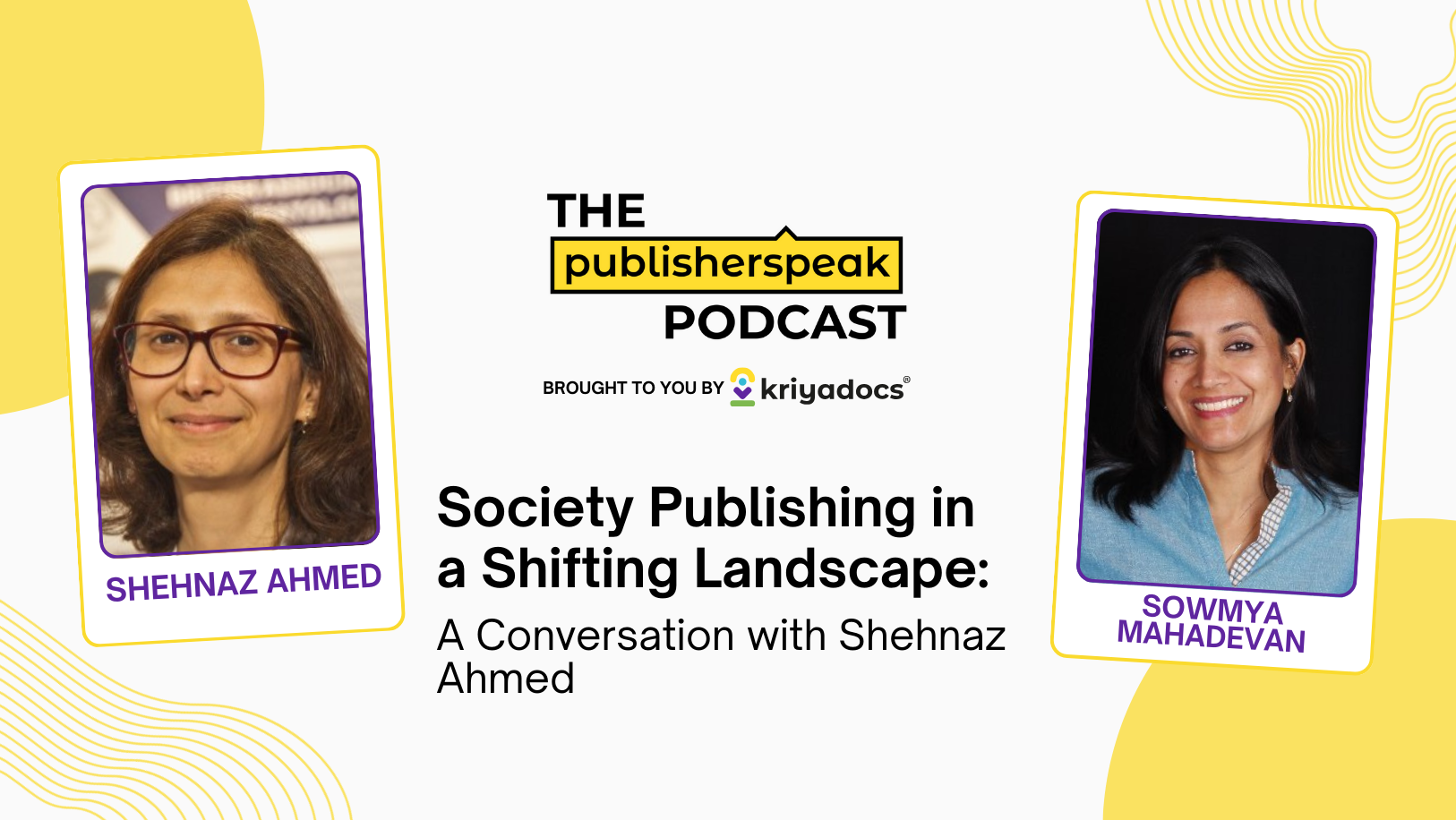Peer Review Week 2024 is an essential event from September 23-27, uniting researchers, publishers, editors, and other stakeholders to celebrate the value of peer review in scholarly communication. This year’s theme, “Innovation and Technology in Peer Review,” reflects the evolving academic landscape, emphasizing the need for transparency and efficiency amidst increasing publication rates. With participation from over 35 organizations globally, activities will focus on how innovations, including AI, can streamline the peer review process and enhance collaboration among researchers. The event aims to address critical questions about technology's role in complementing human expertise and ensuring equitable opportunities for under-represented scholars.
We reached out to some of our partners and customers to gather their insights on the role of innovation and technology in the peer review process. Here is what they had to say:
Integrity
Having the right platforms and systems in place supports our work in protecting the integrity and quality of our publications, and ensures that we are at the forefront of technologies and practices that support our community.
- Kimberley Bayley-Tweed, Production Manager, Portland Press
Sustainability
In the dynamic world of scholarly publishing, where the pursuit of knowledge meets the demands of dissemination, sustainability has emerged as a crucial concern. With thew partnership between Kriyadocs and Sabinet, Sabinet can now offer South African and African Publishers the opportunity to make use of an affordable end-to-end online publishing solution and guide them to more sustainable publishing future.
- The Sabinet Team, Cathy Naidoo, Manager, Corporate Communications and Marketing, Sunel Van Rensburg, Online Publishing Specialist, Sanet Vos, Head of Product
AI
Peer review is the cornerstone of scholarly communication, combining human expertise with critical evaluation to uphold research quality. As we embrace machine-assisted peer review, we unlock new potential for efficiency, objectivity, and consistency, allowing AI to complement human judgment. Together, humans and machines can streamline the review process, reduce bias, and enhance the integrity of scientific publishing—while preserving the irreplaceable insight and contextual understanding that only human reviewers can provide.
- Adrian Stanley, Independent Consultant, and supporting strategic partnerships for DataSeer.ai and Clear Skies Papermill Alarm
Technology
Technology can't do peer-review for us (yet), but it certainly helps. Kriyadocs accelerates publishing workflows with an efficient end-to-end solution. The Papermill Alarm helps by prioritising those few cases that need extra scrutiny.
- Adam Day, CEO, Clear Skies
Digital platforms
With today's increasing challenges in the publishing world, new technologies are playing a crucial role in the future of peer review. Especially with the fast-growing volume of publications, AI-powered tools and digital platforms provide the potential to increase the productivity of peer review while still ensuring high-quality standards and research integrity.
- Patrick Starke, Co-Founder, ImageTwin
Inclusivity
With today’s technology we can make the future of peer review better, faster and more inclusive! By leveraging the power of (Global Campus) AI, we improve the quality of the match with potential reviewers, which leads to more reviewers willing to review and we find more scholars from the Global South.
- Paul Tuinenburg, Founder & Director, Global Campus









.png)

.svg)
.svg)
.svg)


%20(1).png)








